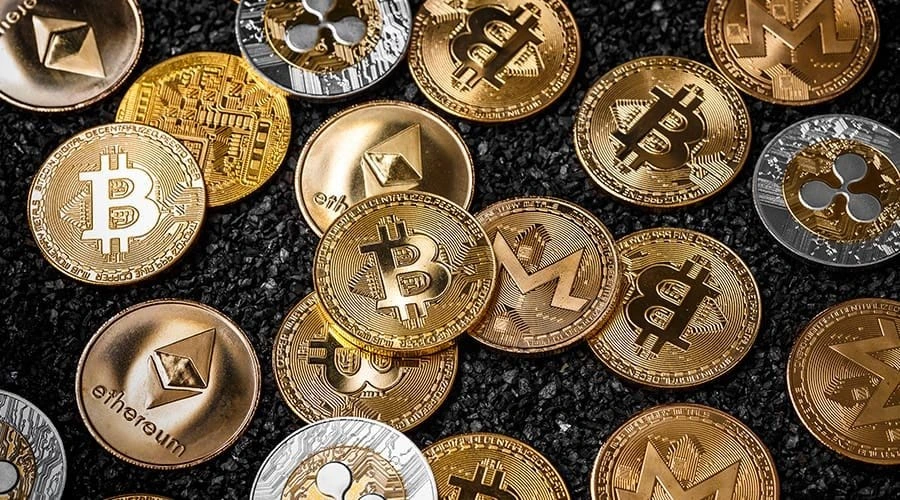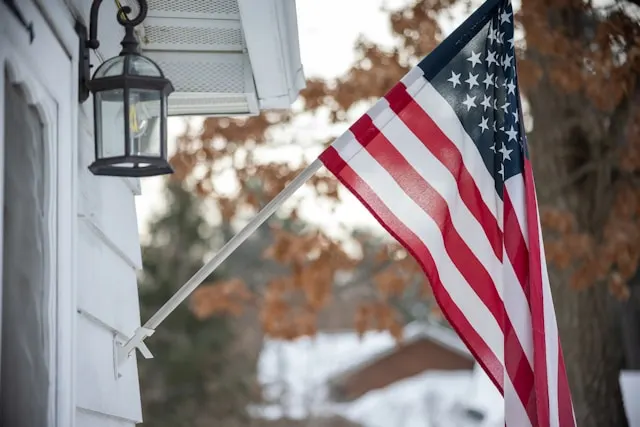PROTECT YOUR DNA WITH QUANTUM TECHNOLOGY
Orgo-Life the new way to the future Advertising by AdpathwayBrazil’s political landscape faces renewed uncertainty as President Luiz Inácio Lula da Silva signals interest in the 2026 presidential race.
Lula, who leads the country’s leftist Workers’ Party, has not confirmed his candidacy but told party members in May 2025 that he intends to run, stating, “The only person who can beat me is me.”
This statement, reported by Metropoles and confirmed by official party sources, comes amid internal debate and external pressure from a divided electorate.
Lula, now 79, has served three terms as president. He first held office from 2003 to 2010, returned in 2023 after a narrow win over Jair Bolsonaro, and now faces questions about his age and health. His recent remarks reflect both confidence and caution.
In early 2025, Lula told ministers his candidacy would depend on his health and the strength of his government. He also highlighted that he could step aside, leaving room for new leadership within his party.
 Lula Eyes Fourth Term, Raising Questions for Brazil’s Future and Markets. (Photo Internet reproduction)
Lula Eyes Fourth Term, Raising Questions for Brazil’s Future and Markets. (Photo Internet reproduction)The business community closely watches these developments. Lula’s previous terms saw major growth and social programs, but also corruption scandals and economic volatility.
His current administration faces a conservative Congress, high inflation, and a sluggish economy. Investors and companies want stability, fearing that political polarization could disrupt fiscal reforms and market confidence.
The right-wing opposition remains strong, despite Bolsonaro’s ineligibility to run until 2030 due to an electoral court ruling. Bolsonaro’s influence persists, with polls showing him trailing Lula by just four percentage points.
His wife, Michelle Bolsonaro, and São Paulo Governor Tarcísio de Freitas have emerged as possible conservative candidates. The right’s strategy includes leveraging ties with international allies and positioning new faces if Bolsonaro remains barred.
Lula’s government has prioritized environmental protection, reinstating policies to curb Amazon deforestation and strengthen Indigenous rights.
These moves aim to reassure international investors and trading partners, especially as Brazil seeks to expand agricultural exports and attract green investment.
However, Lula’s coalition faces internal friction, as some allied parties resist public support for his policies, complicating efforts to pass key legislation.
The 2026 election, scheduled for October, will decide not only Brazil’s presidency but also its economic direction. Lula’s leadership style and past experience offer continuity, but his age and health introduce uncertainty.
The opposition’s resurgence and the possibility of new conservative candidates add further complexity. Brazil’s political future remains open. The stakes are high for businesses, investors, and citizens.
The outcome will shape the country’s economic policies, environmental commitments, and role in global trade. As Lula weighs his options, Brazil’s next chapter hangs in the balance, with all sides preparing for a closely contested race.


 4 weeks ago
6
4 weeks ago
6










 English (US) ·
English (US) ·  French (CA) ·
French (CA) ·  French (FR) ·
French (FR) ·